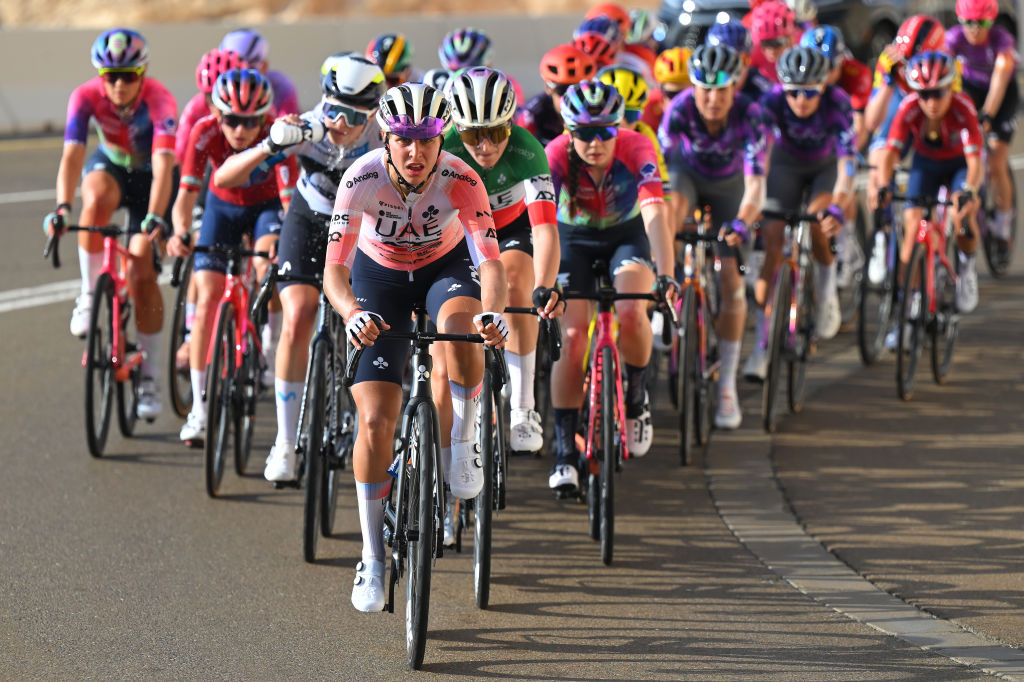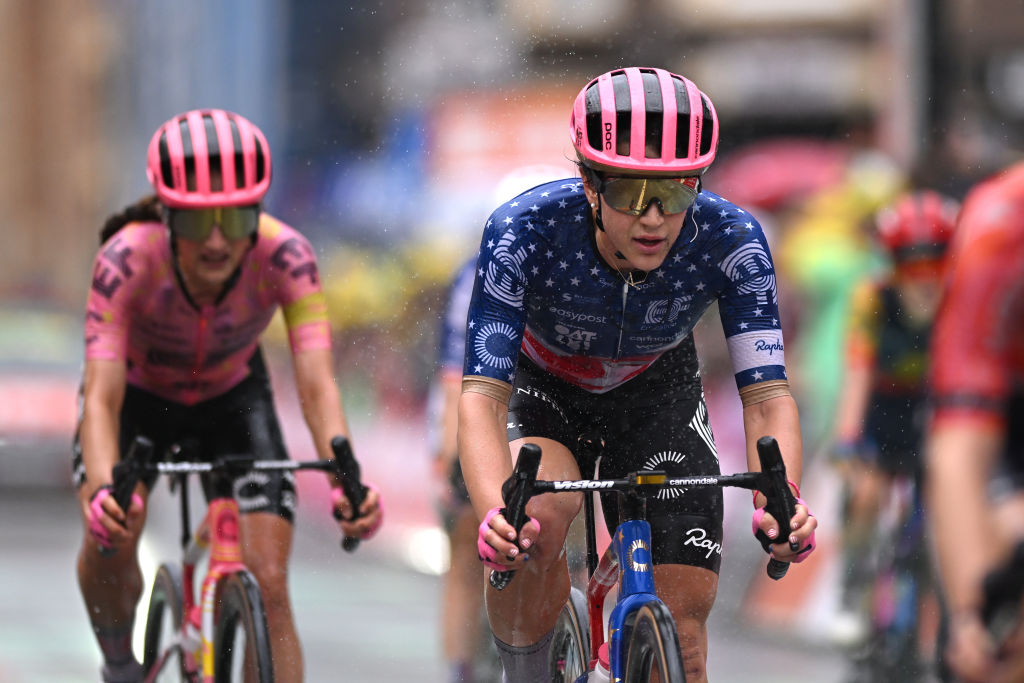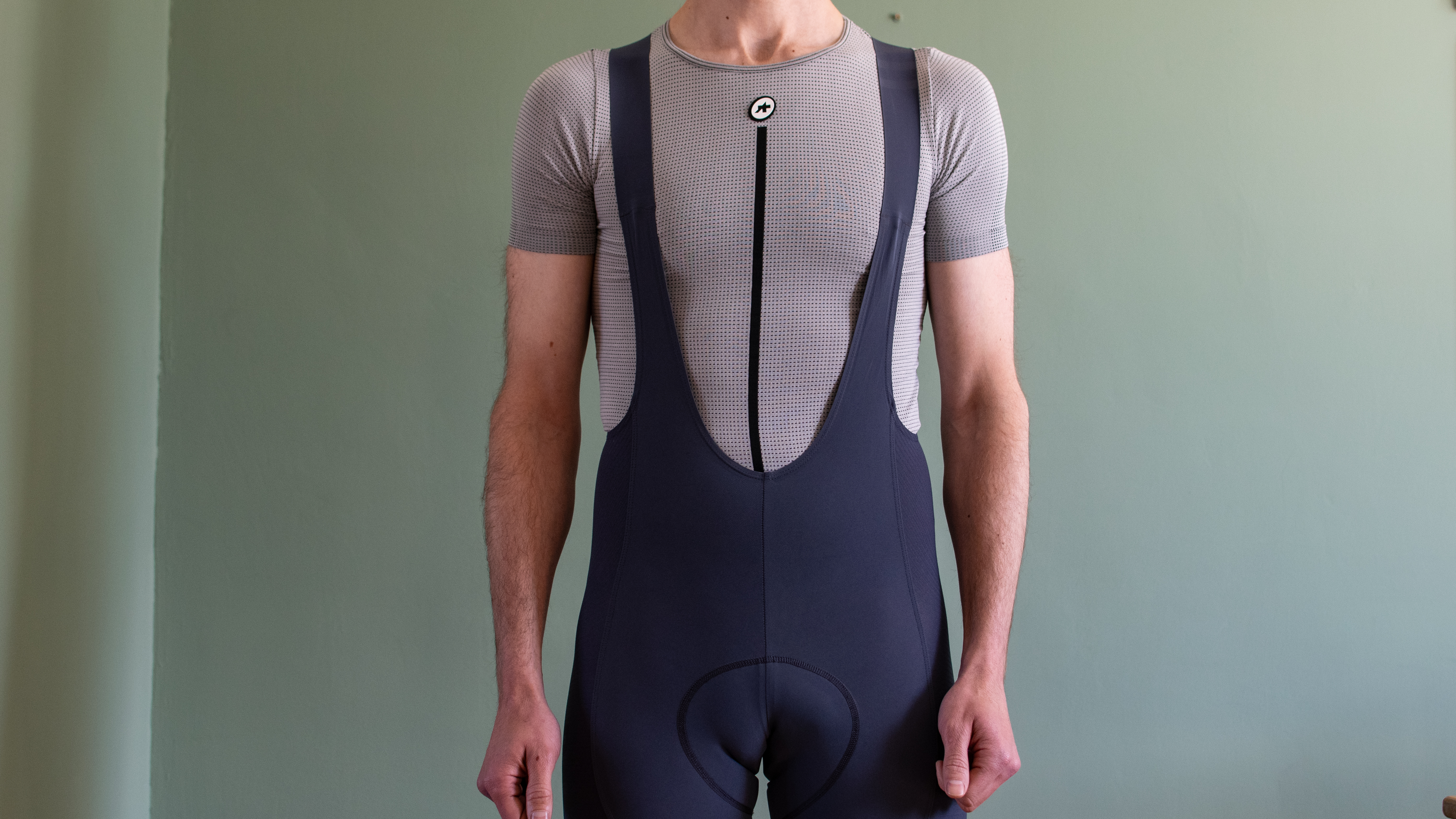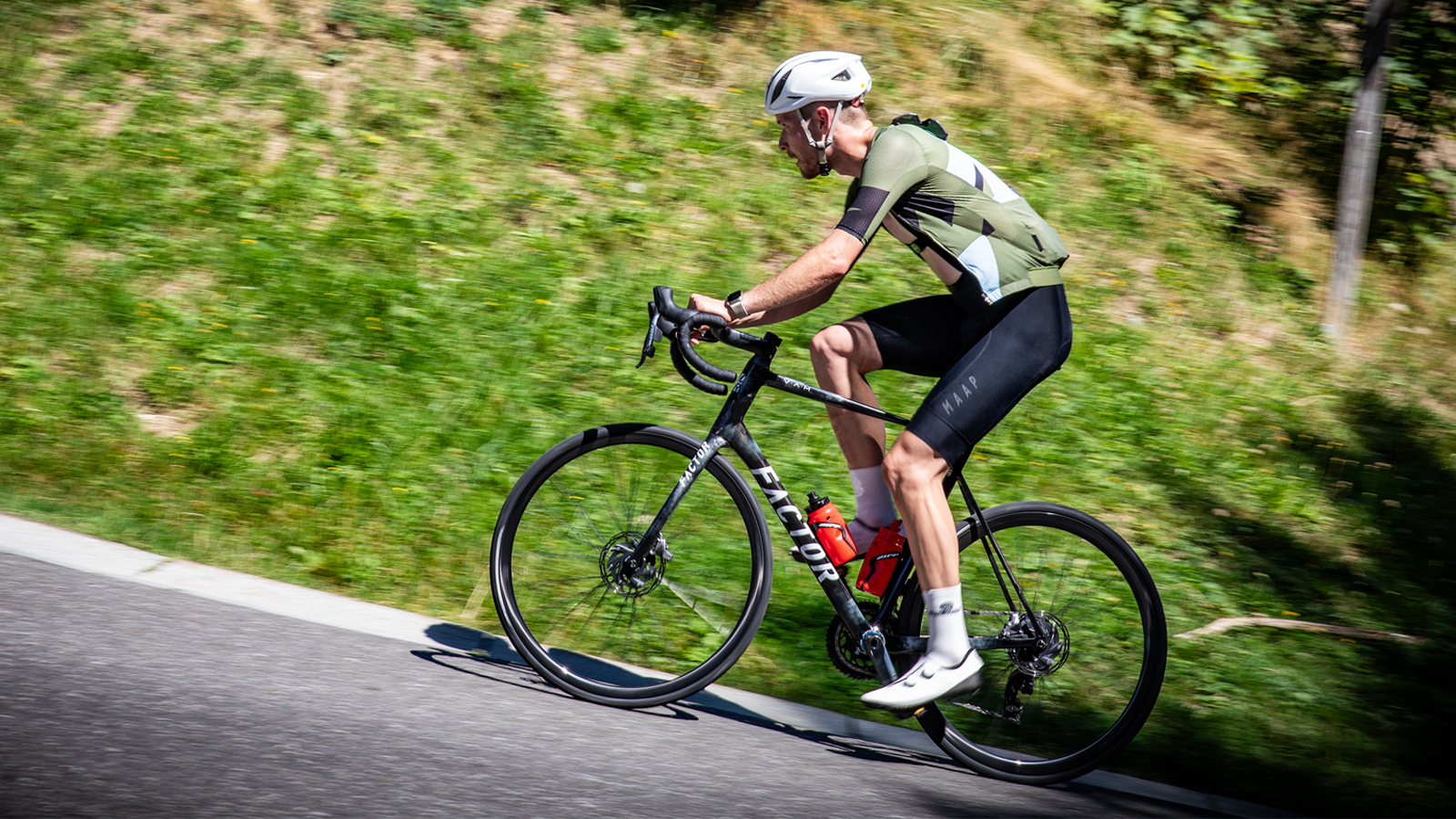Criterium du Dauphine - Preview
Dan Martin, Bardet and Nibali headline 8-day race ahead of Tour de France
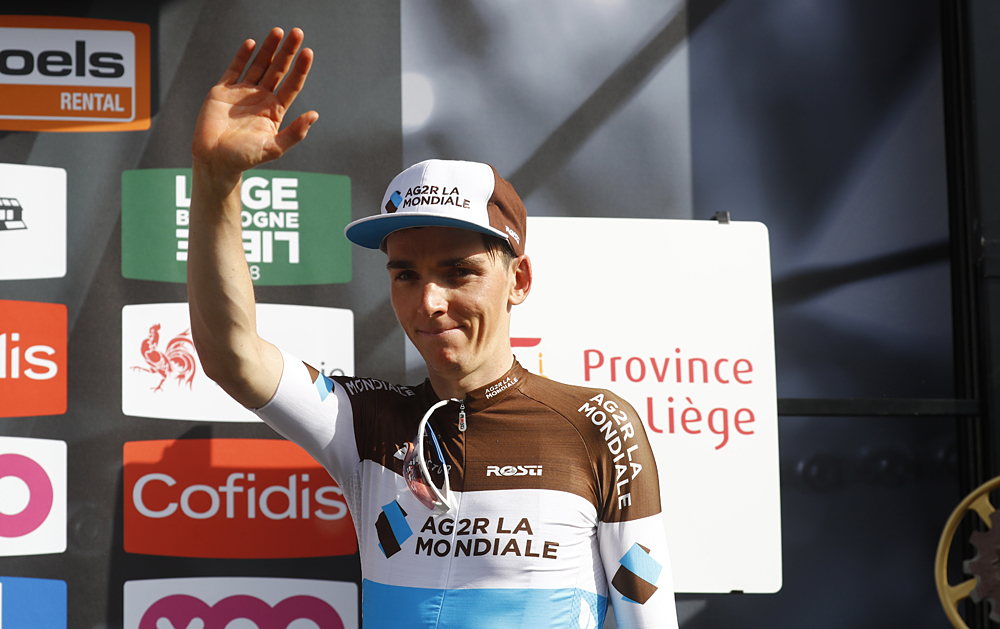
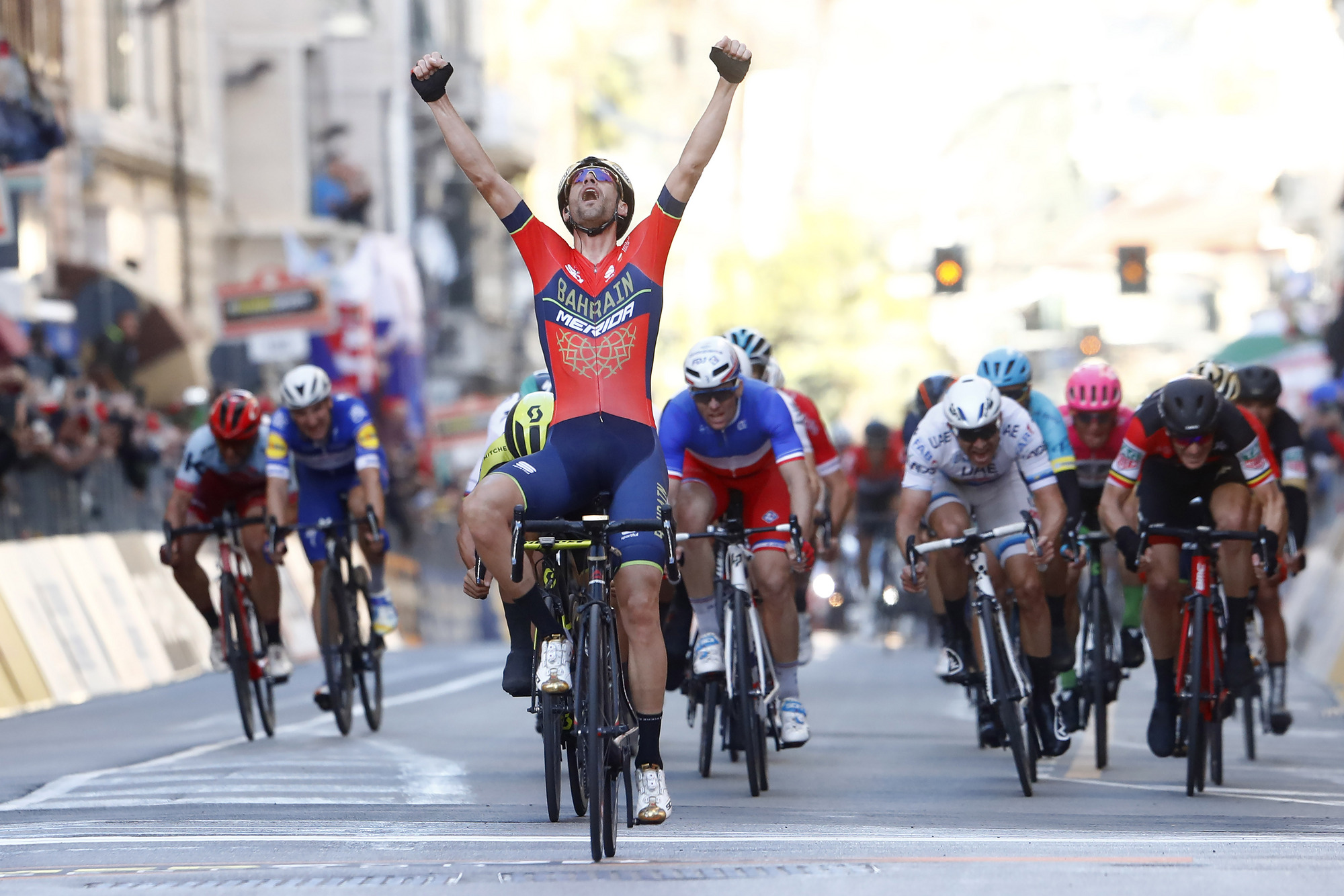
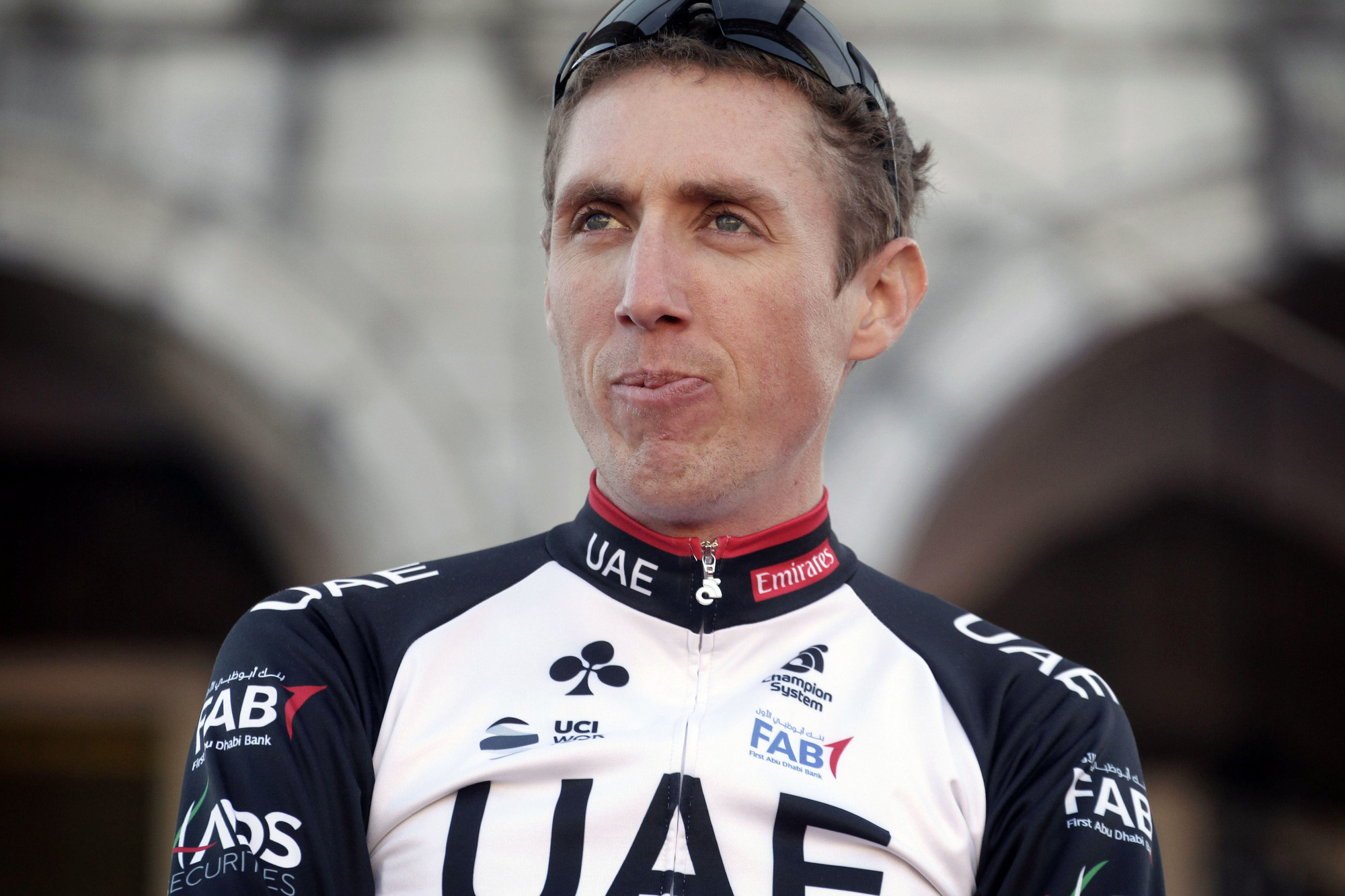
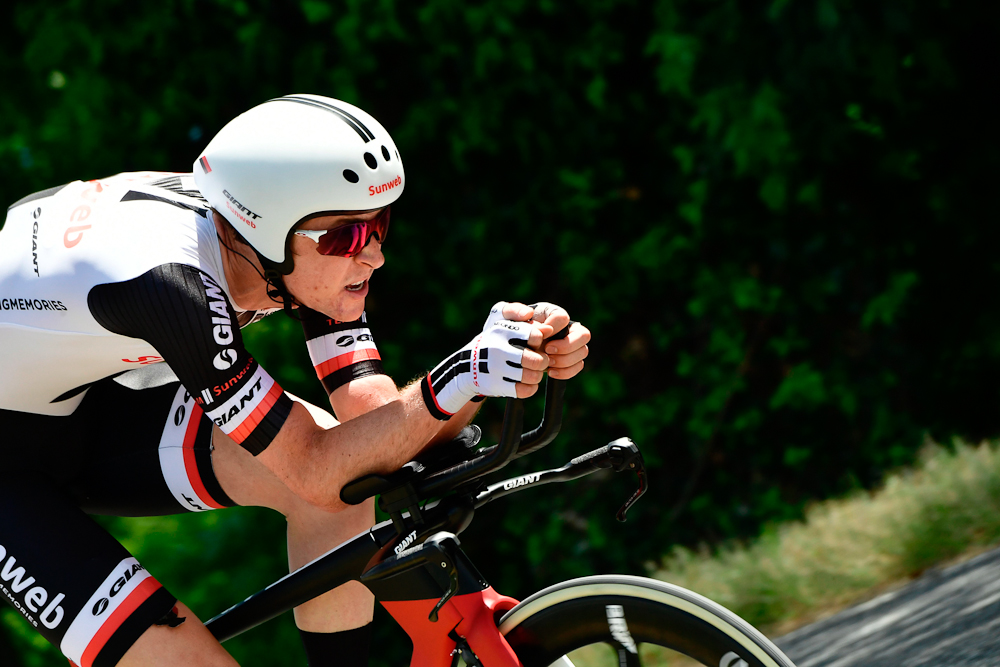
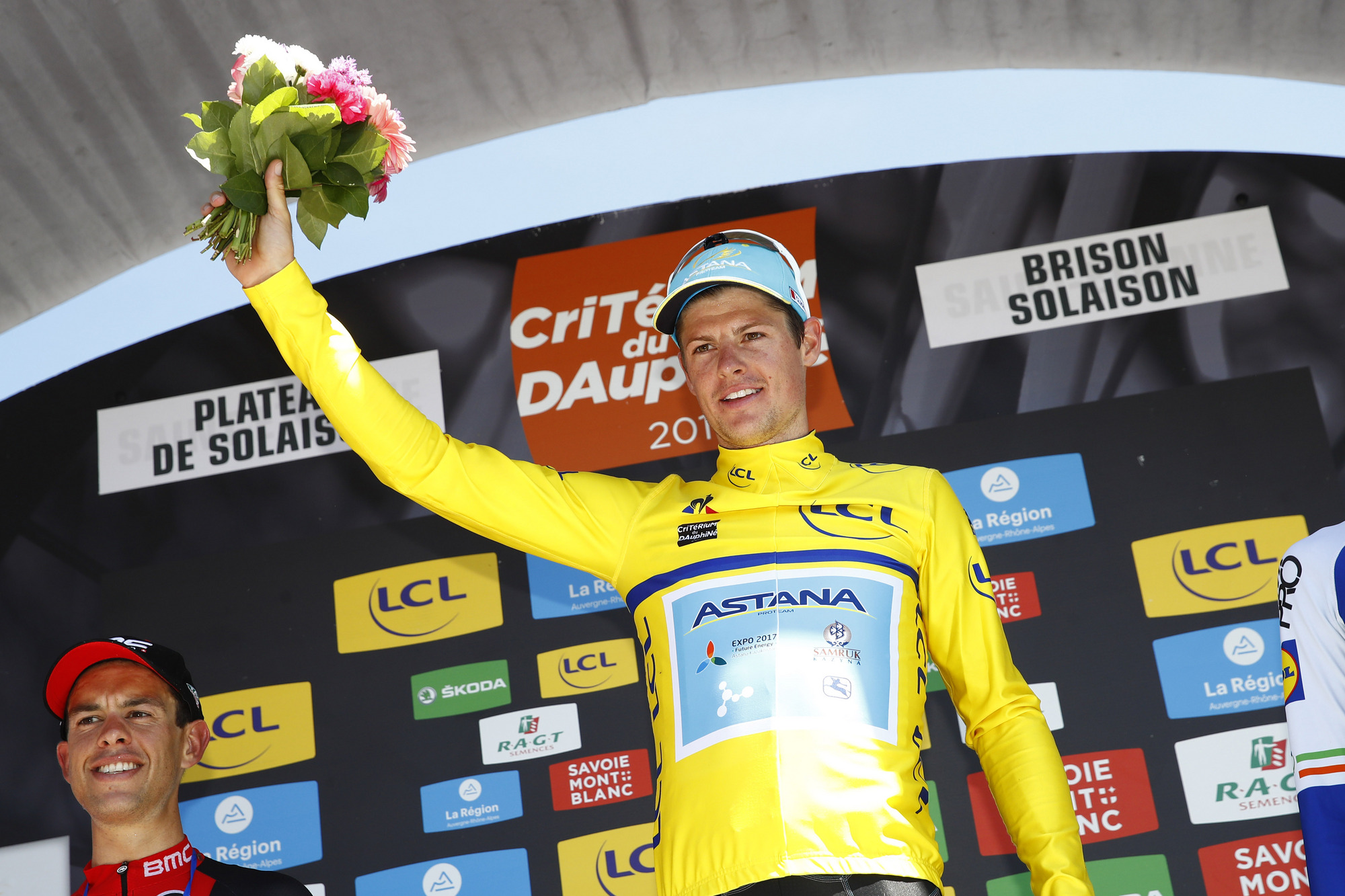
Even if the dust has yet to completely settle after a spectacular finale to the Giro d'Italia, thoughts nevertheless now turn ahead to the second Grand Tour of the season, the Tour de France. Starting on Sunday, the Critérium du Dauphiné, as always, represents an important stepping stone to the big event in July.
Team time trial features on 2018 Criterium du Dauphine route
Bardet training at altitude in Sierra Nevada ahead of Dauphine
Criterium du Dauphine 2018 start list
Bardet finalises Tour de France preparation at Criterium du Dauphine - News Shorts
Vincenzo Nibali: Dauphine is the best race to prepare for the Tour de France
Not only will yellow jersey hopefuls such as Romain Bardet (AG2R La Mondiale) and Vincenzo Nibali (Bahrain-Merida) have the chance to hone their form after a month or so away from racing, they'll also get a first-hand glimpse of some of the tests that await the following month.
In recent years, the week-long Dauphiné, perhaps in a bid to entice the biggest names away from the calendar-clashing Tour de Suisse, has borrowed from the route of the Tour de France. This year, there's a double helping.
First of all, there's a team time trial on stage 3, which, at 35 kilometres, is the exact same length as the TTT in the corresponding stage of the Tour, offering a vital opportunity for teams to practice their efforts and tighten their set-ups in race conditions.
Then there's the penultimate stage of the race in the mountains, which is almost a carbon copy of stage 11 of the Tour. The riders will cover the exact 108 kilometres from Albertville to La Rosière, which takes in two hors categorie climbs and one category 2 climb before the final ascent to the ski station of La Rosière. It's a short but potentially explosive mountain stage that could be one of the key dramatic junctures of the Tour.
Yet despite these preview opportunities, the Dauphiné may have lost its edge over the Tour de Suisse due to circumstances beyond its control. This year, the Tour de France will take place a week later than usual because of the football World Cup in the summer, meaning there's an extra week between the Dauphiné and Tour. Suisse overlaps slightly with the Dauphiné but runs from June 9, the penultimate day of the Dauphiné, to June 17. The nine-stage route also features a team time trial.
The 2018 Dauphiné, therefore, will take place without the previous year's champion, Jakob Fuglsang, and without the runner-up, Richie Porte, though the final member of that podium, Dan Martin (UAE Team Emirates) will be in attendance.
Along with Martin, Bardet and Nibali are the big names. Neither has raced since Liège-Bastogne-Liège in late-April, and the Dauphiné represents an important week of racing after lengthy spells of altitude training - Sierra Nevada for Bardet, Mount Teide for Nibali.
Bardet has become the great home hope of the Tour de France, with podium finishes in the past two editions and at 27, he should, in theory, be entering his peak years. The 33-year-old Nibali, meanwhile, has experience and Grand Tour titles on his side, and he proved he's no fading force, finishing on the podium of both the Giro d'Italia and Vuelta a España last year before winning Milan-San Remo this year.
There are plenty of other riders who'll be testing themselves ahead of a GC challenge at the Tour. Russian all-rounder Ilnur Zakarin (Katusha-Alpecin) finished on the podium of last year's Vuelta and the team hope he can step up and replicate that in the Tour.
Bob Jungels (Quick-Step Floors) continues his progression as a Grand Tour rider, and the especially mountainous second half of this Dauphiné should provide a solid indication of his chances in July. It will be interesting, too, to see how Adam Yates (Mitchelton-Scott) fares. The young Briton finished fourth at the Tour two years ago and after his twin brother Simon came so close to winning the Giro, he might be ready to make the next step.
The route
The 2018 Critérium du Dauphiné is comprised of eight days of racing in south east France, running from June 3-10.
The race starts with a prologue in Valence. It's a 6.6km out-and-back course by the river Rhone, and is largely untechnical. It dips down slightly at the start and then back up slightly at the end but it's a fast run and an all-out effort of around eight minutes.
Stages 1 and 2, the opening road stages of the race, both feature undulating terrain that blurs the divide between sprint and breakaway opportunity. These are the only opportunities for a bunch kick, but the combination of the terrain and a dearth of sprint teams to control proceedings might make them fruitful ground for the baroudeurs.
Stage 1 from Valence to Saint-Just-Saint-Rambert contains no fewer than seven categorised climbs in 179km, with two laps of a finishing circuit that contains the category 4 Côte du Barrage de Grangent, 1.3km long at 4.3 per cent. The second ascent tops out just 4km from the finish line.
Stage 2 from Montbrison to Belleville features four similar small climbs, starting just shy of the half-way mark on the 180.5km route. The last one tops out some 30km from the finish, leaving a largely downhill run and, in theory, a greater hope for the sprinters.
Stage 3 is the team time trial. Starting in Pont-de-Vaux and finishing in Louhans, it's a flat 35km course that replicates as best as possible the TTT the riders will find at the Tour. As well as being an important testing ground for GC riders and their teams, this should produce some sizeable gaps on GC and therefore shape the overall complexion of the race ahead of the mountains.
And from stage 4 onwards, there's little room for anything else. The second half of the race is comprised of four back-to back mountain stages, all with summit finishes. They're mostly short and potentially explosive days, borrowing one of the themes of this year's Tour.
Stage 4 is arguably the least decisive of the four, with the category 2 climb to Lans-en-Vercors the least intimidating of the summit finishes. However, it's preceded by the hors categorie Col du Mont Noir, a 17.5km ascent with an average gradient of 6.9 per cent.
On stage 5 the HC ascent to Valmorel looms large at the end of the stage, but there are a couple of early pitfalls in the form of two category 2 climbs in the opening 20km. It's largely flat thereafter for the best part of 100km but the final climb - 12.7km at a fairly regular gradient that averages 7 per cent - will no doubt see the race light up.
Stage 6, on the penultimate day, is pretty much stage 11 of the Tour. While the Tour stage starts in Albertville, this one starts down the road in Frontenex, adding a couple of kilometres to the overall distance but replicating the Tour stage in its entirety. Short mountain stages have become something of a fashion, serving up some of the most memorable racing of recent years - see the final stage of last year's Dauphiné as a case in point - and there's barely a metre of flat as this one packs four serious climbs into 110km. It's uphill from the gun ahead of the HC Montée de Bisanne, then a descent, then another HC climb in the Col du Pré, where the category 2 Cormet de Roselend is almost tacked onto the end. After a descent and a short stint in the valley it's time for the category 1 climb to the finish at the ski resort of La Rosière. It's 17.6km long with an average gradient of 5.8 per cent and is a climb in three parts - the first 7km and the last 4km are relatively benign but the middle section is hard, with the gradient consistently on the verge of 9 per cent.
The final stage takes the riders into the heart of the Alps, finishing in Saint-Gervais-les-Bains in the shadow of Mont Blanc. This recalls one of Bardet's great triumphs, using the same final climb of Le Bettex where the Frenchman won - and put himself on the podium - at the 2016 Tour. Bardet attacked that day on the descent to Domancy and the base of the climb, and indeed the last 30 or so kilometres are the same here. Before the riders get there they'll have to head back over the Cormet de Roselend/Col du Pré from the opposite side and then do another category 1 climb over the Col de Saisies, in a route tailor-made for aggressive, no-holds-barred final-day action.
Cyclingnews will have live coverage of every stage of the 2018 Critérium du Dauphiné, along with race reports, results, photo galleries and exclusive news and interviews from France.
Get The Leadout Newsletter
The latest race content, interviews, features, reviews and expert buying guides, direct to your inbox!
Patrick is a freelance sports writer and editor. He’s an NCTJ-accredited journalist with a bachelor’s degree in modern languages (French and Spanish). Patrick worked full-time at Cyclingnews for eight years between 2015 and 2023, latterly as Deputy Editor.
Latest on Cyclingnews
-
Why are pro cyclists hitting the gym?
Strength training is becoming more popular in the peloton for good reason -
'I'm trying to become a better climber' - Kristen Faulkner back in action at Ardennes Classics
EF Education-Oatly rider fresh off team elevation camp to compete on weekend at De Brabantse Pijl and Amstel Gold Race -
Rapha Pro Team Powerweave shorts review: Over a year with Rapha’s most expensive bibshorts
The Powerweave bibshorts are a solid option but I’m not sure the performance matches the very high price -
Best carbon road bikes 2025: Our pick of the best racing and endurance road bikes
Carbon road bikes combine meticulous weight saving, geometry tweaking and aerodynamic sculpting to rule the road

